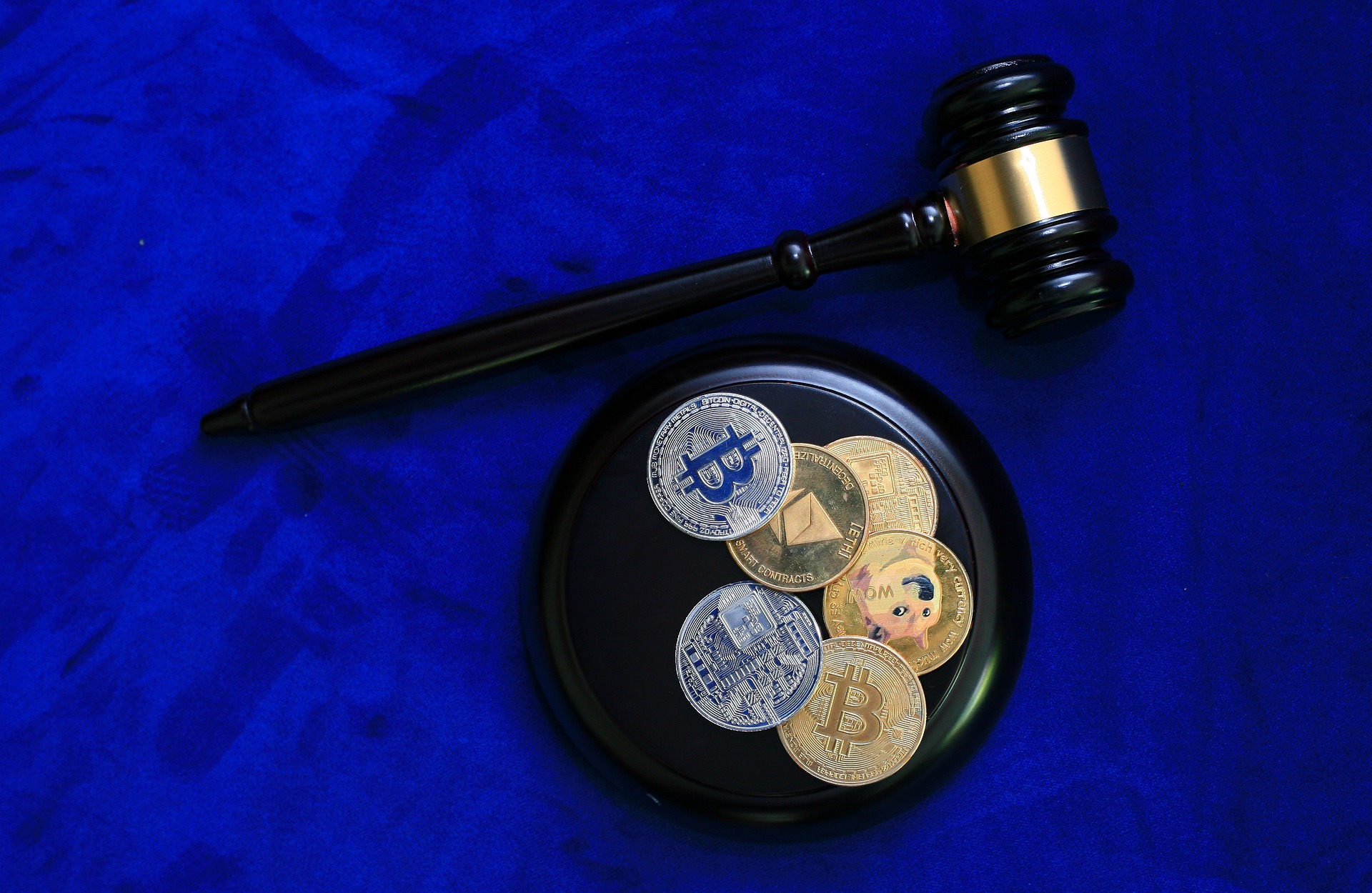The Jurisprudence of Digital Assets: A Legal Frontier
Introduction: In the rapidly evolving landscape of technology and finance, digital assets have emerged as a complex legal challenge. This article delves into the intricate world of digital asset jurisprudence, exploring how legal systems are adapting to the unique characteristics of cryptocurrencies, non-fungible tokens (NFTs), and other blockchain-based assets.

Defining Digital Assets in Legal Terms
One of the primary challenges in digital asset jurisprudence is the fundamental question of definition. How should the law classify these assets? Are cryptocurrencies securities, commodities, or a new asset class entirely? The answer to this question has far-reaching implications for how digital assets are regulated, taxed, and traded. In the United States, for instance, the Securities and Exchange Commission (SEC) has grappled with determining which cryptocurrencies qualify as securities under the Howey Test, a legal standard established in 1946. This ongoing debate highlights the difficulty of applying traditional legal concepts to cutting-edge technologies.
Ownership and Property Rights in the Digital Realm
The concept of ownership takes on new dimensions in the context of digital assets. Unlike physical property, digital assets exist as entries on a distributed ledger, raising questions about the nature of ownership and property rights. How does one prove ownership of a cryptocurrency or an NFT? What rights does ownership confer? These questions become particularly complex in cases of theft or loss. The immutable nature of blockchain transactions can make it challenging to reverse fraudulent transfers, leading to debates about the balance between finality and fairness in digital asset transactions.
Regulatory Approaches and International Harmonization
As digital assets transcend geographical boundaries, regulatory approaches vary significantly across countries. Some nations have embraced cryptocurrencies and blockchain technology, creating favorable legal environments to attract innovation. Others have taken a more cautious or even prohibitive stance. This regulatory patchwork creates challenges for global adoption and use of digital assets. Efforts towards international harmonization are underway, with organizations like the Financial Action Task Force (FATF) proposing global standards for cryptocurrency regulation. However, achieving consensus on a unified approach remains a significant challenge in the face of differing national priorities and legal traditions.
Smart Contracts and the Automation of Legal Agreements
Smart contracts, self-executing agreements with the terms directly written into code, represent another frontier in digital asset jurisprudence. These automated contracts promise to streamline many legal processes, but they also raise complex legal questions. How can traditional contract law principles be applied to code-based agreements? What happens when smart contracts produce unintended consequences? The intersection of law and computer science in smart contracts is pushing legal systems to adapt and evolve, potentially transforming the very nature of legal agreements.
The Future of Digital Asset Jurisprudence
As digital assets continue to evolve and proliferate, legal systems worldwide are being forced to adapt at an unprecedented pace. The coming years are likely to see significant developments in digital asset jurisprudence, with potential implications for property law, financial regulation, and even the fundamental concepts of money and value. As courts grapple with cases involving cryptocurrencies and NFTs, new legal precedents will be set, gradually building a body of law suited to the digital age. The challenge for lawmakers and jurists will be to craft legal frameworks that protect consumers and maintain financial stability while fostering innovation in this rapidly changing field.
In conclusion, the jurisprudence of digital assets represents a fascinating and critical area of legal development. As these assets become increasingly integrated into the global economy, the legal principles established today will shape the digital landscape of tomorrow. The ongoing dialogue between technology, finance, and law in this arena promises to yield innovative legal solutions and potentially transform our understanding of ownership, value, and economic interaction in the digital age.






